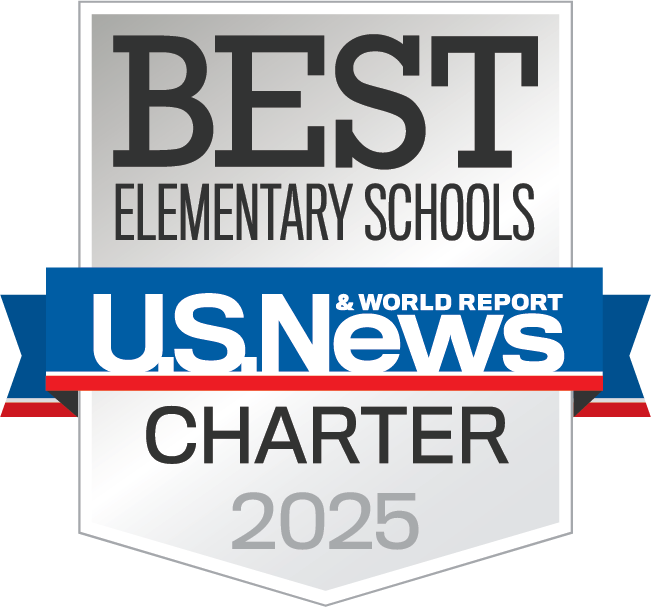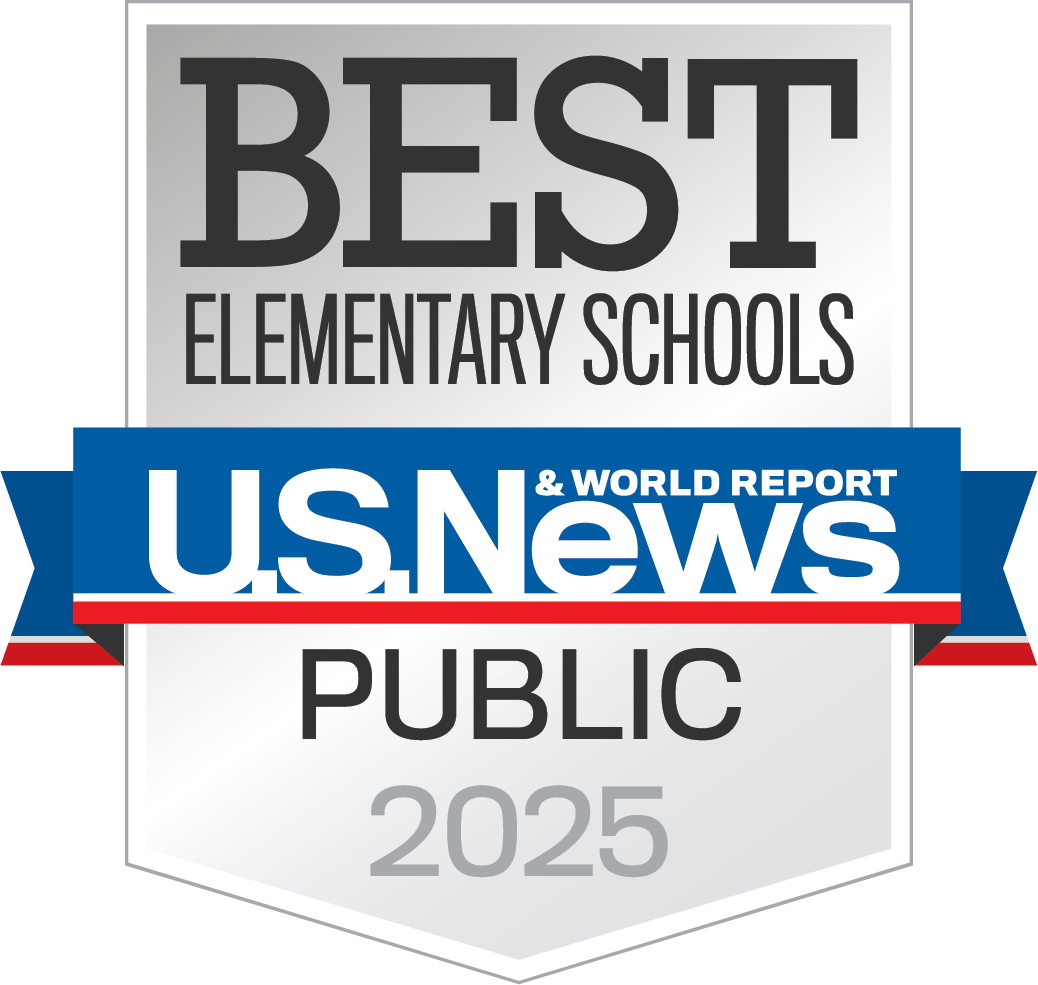IB-Page5

PYP Transdisciplinary Skills
Within their learning throughout the programme, students acquire and apply a set of transdisciplinary skills: social skills, communication skills, thinking skills, research skills, and self-management skills. These skills are valuable, not only in the units of inquiry, but also for any teaching and learning that goes on within the classroom, and in life outside the school.
Thinking Skills
- Acquisition of knowledge: Gaining specific facts, ideas, vocabulary; remembering in a similar form.
- Comprehension: Grasping meaning from material learned; communicating and interpreting learning.
- Application: Making use of previously acquired knowledge in practical or new ways.
- Analysis: Taking knowledge or ideas apart; separating into component parts; seeing relationships; finding unique characteristics.
- Synthesis: Combining parts to create wholes; creating, designing, developing, and innovating.
- Evaluation: Making judgments or decisions based on chosen criteria; standards and conditions.
- Dialectical thought: Thinking about two or more different points of view at the same time; understanding those points of view; being able to construct an argument for each point of view based on knowledge of the other(s); realizing that other people can also take one’s own point of view.
- Metacognition: Analysing one’s own and others’ thought processes; thinking about how one thinks and how one learns.
Attitudes
In PYP schools, students should demonstrate:
- Appreciation: Appreciating the wonder and beauty of the world and its people.
- Commitment: Being committed to their own learning, persevering, and showing self-discipline and responsibility.
- Confidence: Feeling confident in their ability as learners, having the courage to take risks, applying what they have learned, and making appropriate decisions and choices.
- Cooperation: Cooperating, collaborating, and leading or following as the situation demands.
- Creativity: Being creative and imaginative in their thinking and in their approach to problems and dilemmas.
- Curiosity: Being curious about the nature of learning, about the world, its people, and cultures.
- Empathy: Imagining themselves in another’s situation in order to understand his or her reasoning and emotions, so as to be open-minded and reflective about the perspectives of others.
- Enthusiasm: Enjoying learning and willingly putting effort into the process.
- Independence: Thinking and acting independently, making their own judgments based on reasoned argument, and being able to defend their judgments.
- Integrity: Being honest and demonstrating a considered sense of fairness.
- Respect: Respecting themselves, others, and the world around them.
- Tolerance: Being sensitive about differences.
Credit: International Baccalaureate Organization
Explore
Admissions
Opportunities
To get started, select the grade your child will be moving into.

Kindergarten
Este es un gatito.
Yo abro la puerta. Tú la cierras.
First Grade
Las abejas son pequeñas, pero hacen un trabajo enorme.
Second Grade
Ven y viaja alrededor del mundo para buscar amigos y conocer nuevos lugares.
Third Grade
Nacida en 1907, Frida Kahlo una artista mexicana, siempre fue una persona fuerte e independiente.
Fourth Grade
El agua subterránea representa una fracción importante de la masa de agua presente en los continentes, bajo la superficie de la tierra, tanto en el suelo como en el subsuelo.
Fifth Grade
Arrecifes antiguos enterrados dentro de secciones estratigráficas son de gran interés para los geólogos porque proporcionan información paleo-ambiental sobre la ubicación del lugar en la historia de la tierra.
Sixth Grade
Seventh grade scheduled to launch 2020-2021.
Seventh Grade
El agua subterránea representa una fracción importante de la masa de agua presente en los continentes, bajo la superficie de la tierra, tanto en el suelo como en el subsuelo.
Eighth Grade
Eighth grade scheduled to launch 2021-2022.


